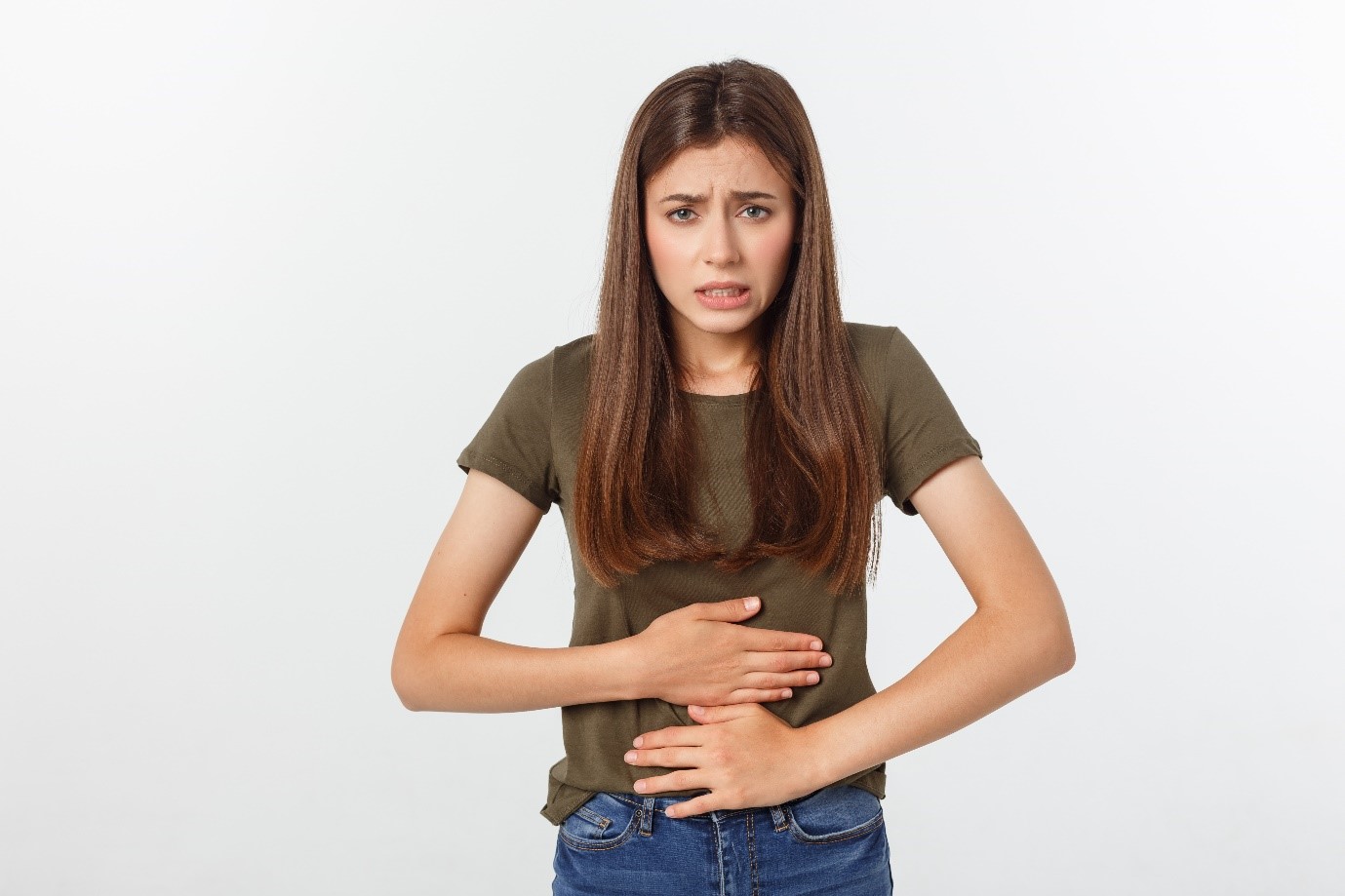Food poisoning, a condition caused by ingesting contaminated food or beverages, can hit unexpectedly and make you uncomfortable. Understanding the origins, symptoms, and recovery options is critical for overcoming this painful event.
Causes of food poisoning include contamination with bacteria, viruses, parasites, or poisons. Common causes include undercooked meats, unpasteurized dairy products, polluted water, and carelessly handled fruits and vegetables. Cross-contamination during food preparation and storage can cause foodborne disease.
Symptoms of food poisoning vary based on the contaminant and individual circumstances. Common symptoms include nausea, vomiting, diarrhoea, stomach cramps, fever, and headaches. These symptoms usually appear from hours to days after ingesting contaminated food and Can vary from slight pain to severe disease.
Recovery Strategy:
Hydration: Replace fluids lost via vomiting and diarrhoea with clear liquids such as water, broth, electrolyte drinks, or herbal teas. Small, regular sips can help avoid dehydration.
Refrain from intense activity to allow your body to rest and recover. Resting can help preserve energy and accelerate the healing process.
Once nausea and vomiting have subsided, gradually resume eating bland, easy-to-digest meals such as rice, bananas, applesauce, and toast (BRAT diet). Avoid spicy, oily, or heavy meals, which might aggravate stomach discomfort.
Medications: Over-the-counter medicines, such as anti-diarrhoea drugs or antacids, may alleviate specific symptoms. However, before utilizing these drugs, speak with a healthcare practitioner, especially if the situation is serious.
Seek Medical Attention: If symptoms continue, intensify, or are accompanied by indicators of dehydration (e.g., increased thirst, dry mouth, dark urine), fever, or bloody stools, get medical help immediately. Severe cases of food poisoning may necessitate medical intervention, such as intravenous fluids or antibiotics.
Prevention:
Food poisoning may be avoided by following safe food handling techniques, such as thoroughly cooking meats, storing perishable items properly, and washing hands often. Use separate cutting boards and utensils for raw and cooked items to prevent cross-contamination. When dining out, select reputed restaurants with high cleanliness standards.
While food poisoning might be upsetting, it is typically a temporary condition that improves with time and supportive treatment. Staying hydrated, sleeping, eating a light diet, and getting medical assistance if required will help you manage the aftermath of food poisoning and focus on rebuilding your health.


